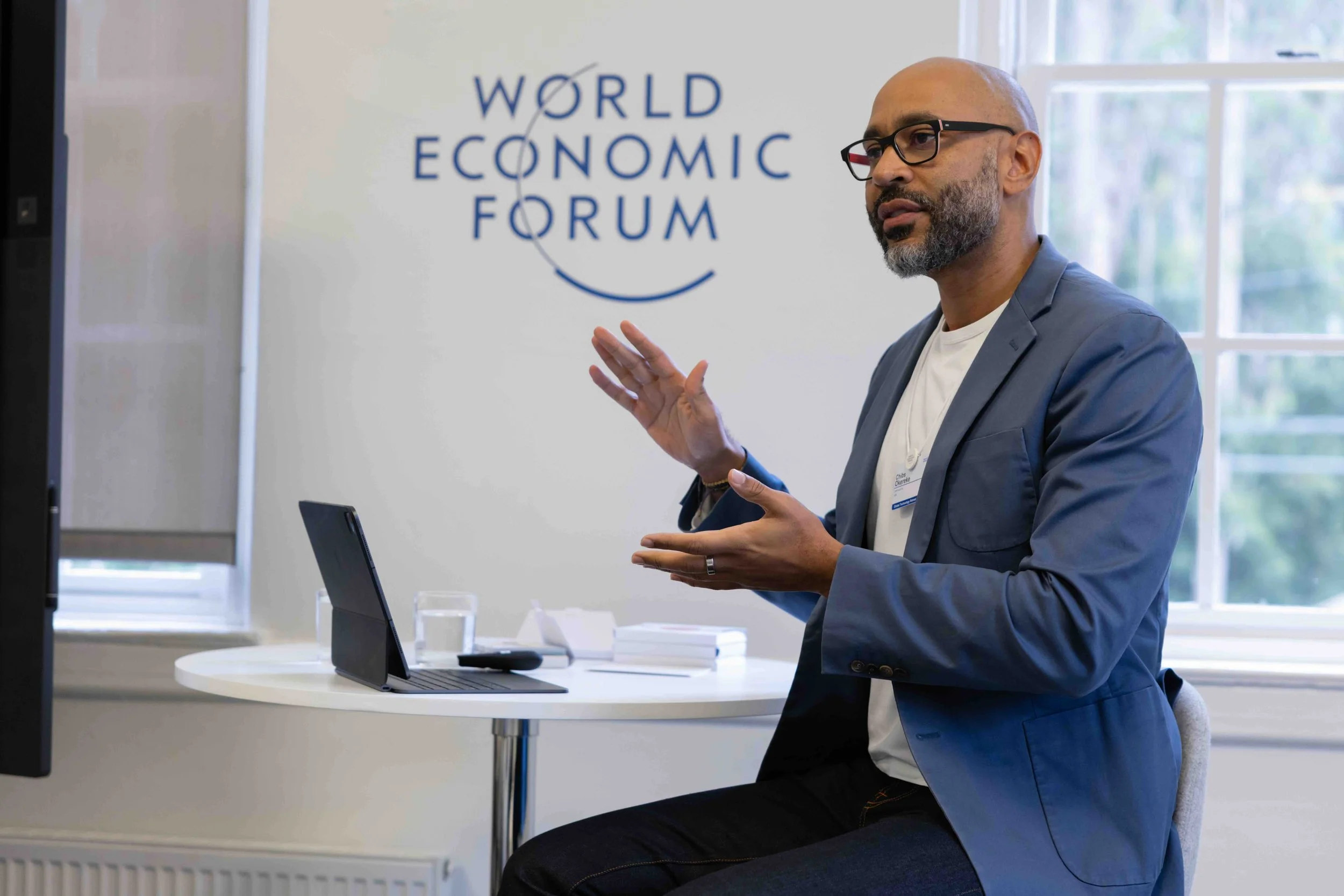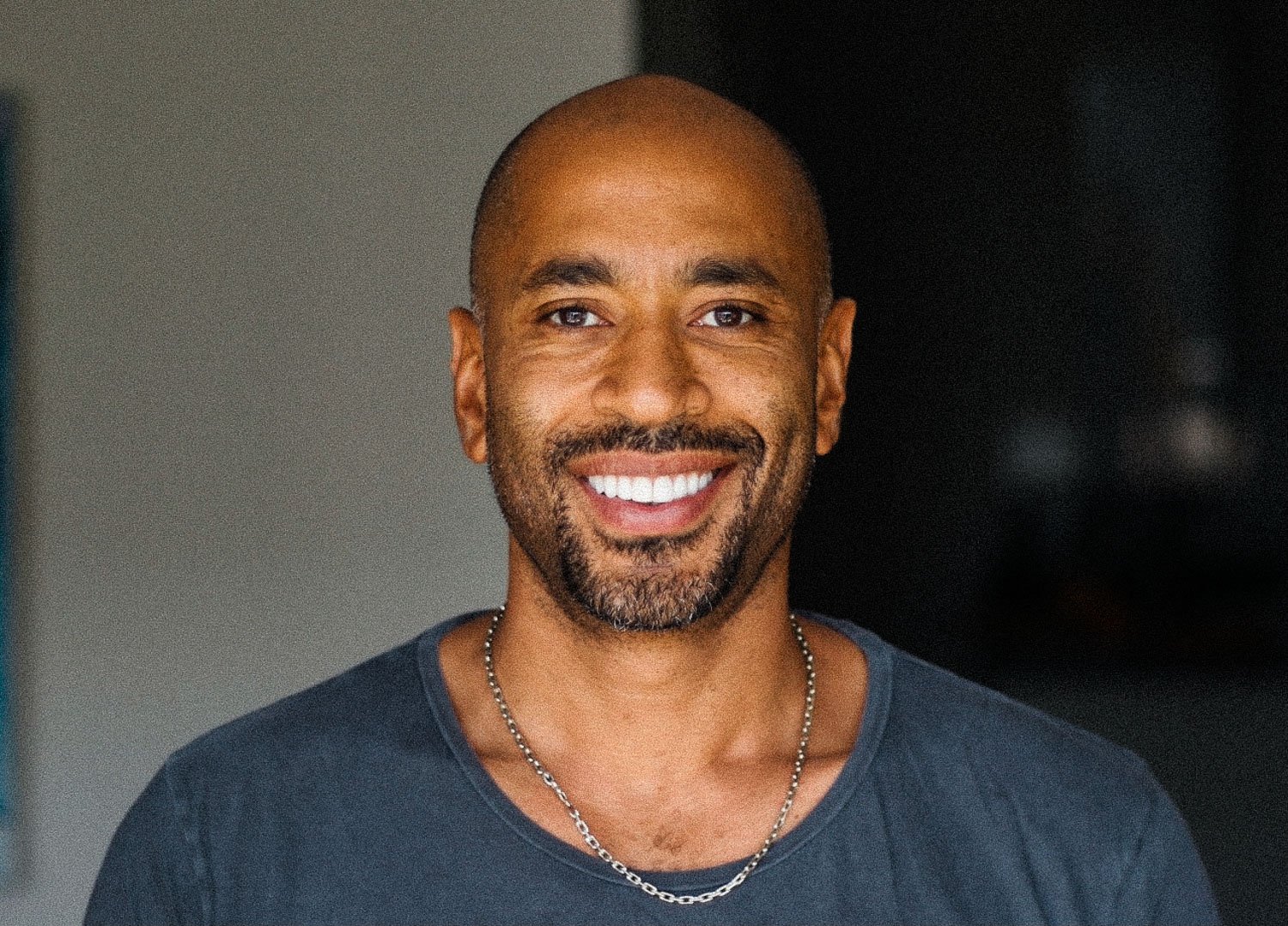Workshops and keynotes overview
Empower your team to stay calm, focused, and resilient under pressure.
In my flagship “Mindfulness for Strivers” workshop or keynote, your team will learn science-backed tools to manage stress, prevent burnout, and sustain high performance. Drawing on neuroscience, mindfulness, and practical psychology, these sessions offer simple, actionable techniques that help teams stay composed, connected, and effective, even in high-pressure environments. They’ll leave with a renewed sense of balance, practical tools they can apply immediately, and the clarity to perform at their best without burning out.

mindfulness for strivers - workshop
Stress and Burnout Workshop
Stay Calm, Lead Better, and Thrive Under Pressure.
A 60 or 90 minute practical session that equips your people with science-backed tools to manage stress, prevent burnout, and build lasting resilience. Participants learn simple breathing techniques, micro-breaks, mindfulness, and how to spot early signs of burnout, so they can work with more focus and less anxiety. Delivered online or in person, the workshop is engaging, interactive, and tailored to your context.

Mindfulness for strivers - keynote
Stress and Burnout Keynote
Inspire resilience and peak performance across your organisation.
A high-impact session that blends neuroscience, mindfulness, and lived experience to help teams recognise stress early and respond well. Attendees learn practical strategies to stay calm, focused, and connected under pressure without sacrificing performance or wellbeing. Ideal for leadership summits and company-wide events, the keynote delivers tools people can use immediately to improve focus, energy, and resilience, building a healthier, more effective workplace.
Course Review
"A huge thank you from all of us at KP for an outstanding event! The positive comments keep rolling in. Chibs was amazing and may have even turned a few skeptics into believers. Grateful to you for this partnership and to start the year caring for our employees in this way."
Victoria Lelash, MS, APR
National Marketing Lead, Kaiser Permanente
Who’s the facilitator?
Hey, I’m Chibs—your mindfulness coach.
My transformation from burned-out CEO to stress and burnout coach allows me to help ambitious professionals, business leaders, high-performing teams and organisations redefine success and build a balanced approach to personal and professional growth.
Corporate Testimonials
Kind words from my corporate clients.
"A huge thank you from all of us at KP for an outstanding event! The positive comments keep rolling in. Chibs was amazing and may have even turned a few skeptics into believers. Grateful to you for this partnership and to start the year caring for our employees in this way."
Victoria Lelash, MS, APR | National Marketing Lead | Kaiser Permanente
"We featured Chibs Okereke from Calm as a speaker on stress and burnout at our company retreat. Chibs did a phenomenal job and it was a really special way to roll out Calm as a new benefit to our employees. Being a small company, our employees take on a lot and burnout is real. Chibs is witty and engaging and his workshop had a profound impact on our employees. Our employees left feeling rejuvenated and with a greater sense of connection to our organization as a whole."
Marcelle Miller, Chief People Officer, Kodiak Cakes
"I just wanted to reach out to you to thank you for last Thursday’s wellness session. It was a fabulous hour which I thoroughly enjoyed and took a lot of learnings away from and will hopefully implement as required. The feedback from the team has been terrific. I look forward to future sessions.”
Nicole Noye, Chief Executive Officer, Collective Wellness Group
"Thank you again for a wonderful wellness session for PayPal Australia. We have received such great feedback on this session, so just want to thank you for that.”
Jackie Lotzof, HR Business Partner Site Lead, PayPal
“I just wanted to thank you for the amazing event you held this morning for our teams. Camilla is right, your name should be "Mr Calm" :). Thank you again Chibs. Stay tuned for more Intuit events.”
Nada Wassef | HR Business Partner, People & Places | Intuit
'“We were so pleased with the session today, it was spot on - really tight and focused!! So composed, articulate, and relatable.”
Melissa David, Learning & Organisational Development Consultant
Clayton Utz
"Whenever I think resilience - you come to mind Chibs.”
Natasha Munasinghe, Chief Executive Officer, FRANK Education


